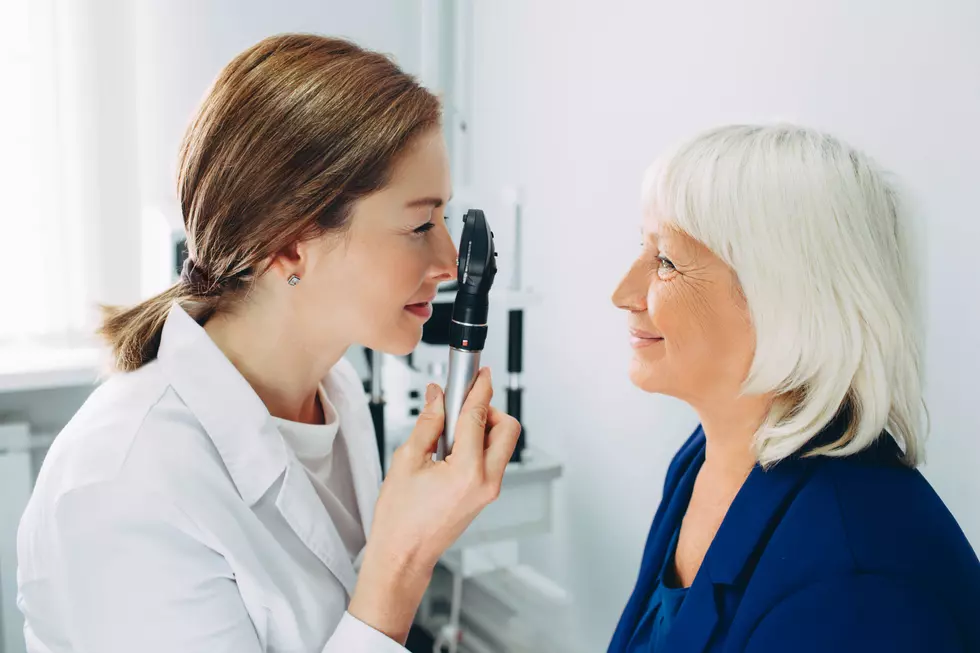
NJ eye doctors still seeing patients during pandemic
Like so many physicians have had to do during the pandemic, some New Jersey eye doctors have only been seeing urgent cases these past two months. But not having regular eye exams could lead to problems and emergencies.
Dr. Joseph Calderone, with Better Vision New Jersey in Cranford, said other diseases don't take a holiday just because COVID-19 is in town. For those with underlying eye problems such as glaucoma or diabetes, he said their eye visits are urgent.
Cataract patients are at high risk for falls and injuries because they cannot see clearly so doctor supervision is a must. Thousands of people are living with cataracts in New Jersey that cannot get them taken care of because of the closures and every week that goes by, their risk of serious eye injury increases.
This is the kind of chronic urgent care that doctors have appointments for and continue to service these patients' needs for the past seven weeks and well into the future, said Calderone.
He said he's also seen an increase in styes or inflammation of the eyelids during the pandemic. Without proper medical supervision, a sty can quickly deteriorate into cellulitis of the eyelid, which can quickly spread into the space around the eye. Calderone said this could lead to meningitis in some cases.
While high-risk eye patients need to see the doctor, Calderone understands many are afraid to leave their homes and go to a doctor's office for fear of contracting coronavirus. Calderone said these people need to be reassured that proper social distancing and disinfecting procedures are being taken to prevent the spread of COVID-19.
Calderone said when a patient arrives, call the office from the car. Each patient will then have their temperature taken upon arrival. There are no more waiting rooms. Calderone said it actually looks like a crime scene because the whole waiting room area has been cordoned off. Patients now wait in separate exam rooms.
Everybody wears masks, including patients, doctors and staff.
When everyone wears masks, you reduce the ability to communicate the coronavirus by 90 to 95 percent, so that's a major drop," Calderone said.
Every patient encounter is treated like as if patient had contagious conjunctivitis. When a patient leaves, the exam room is disinfected and every surface that could possibly be touched is disinfected before the next visit.
More from New Jersey 101.5:
What else should be open in New Jersey? Your answers:
More From New Jersey 101.5 FM









